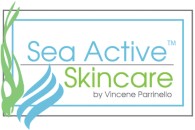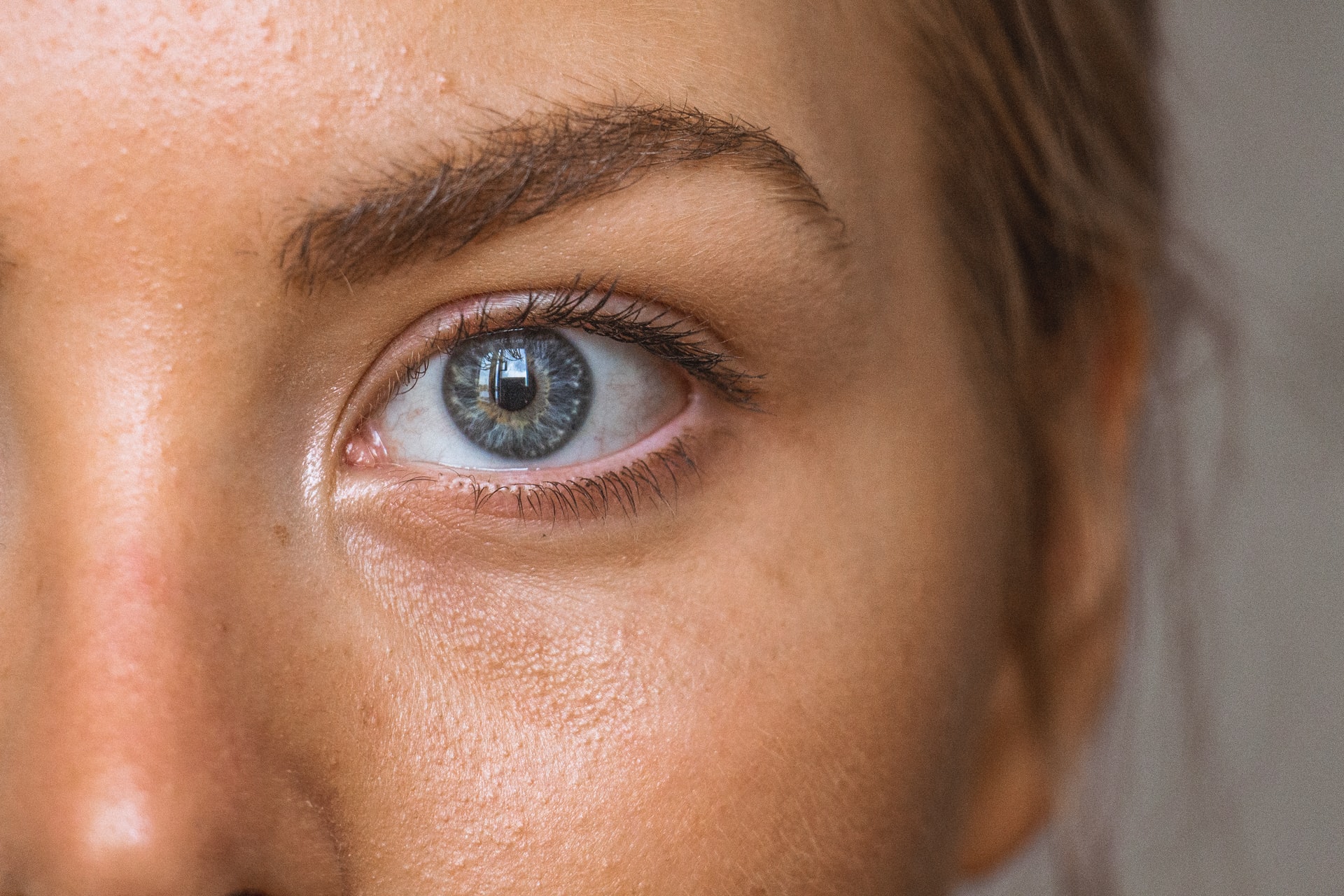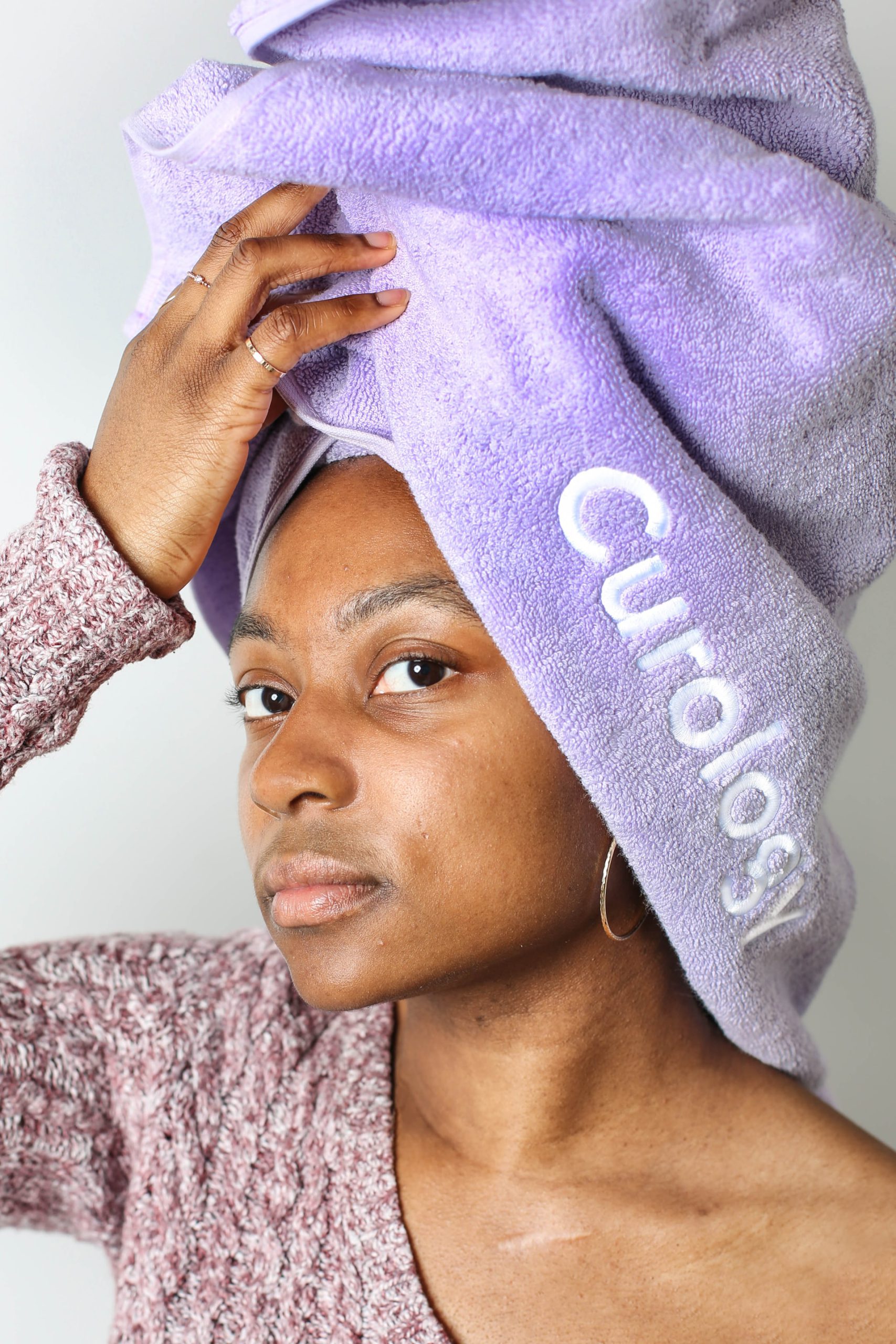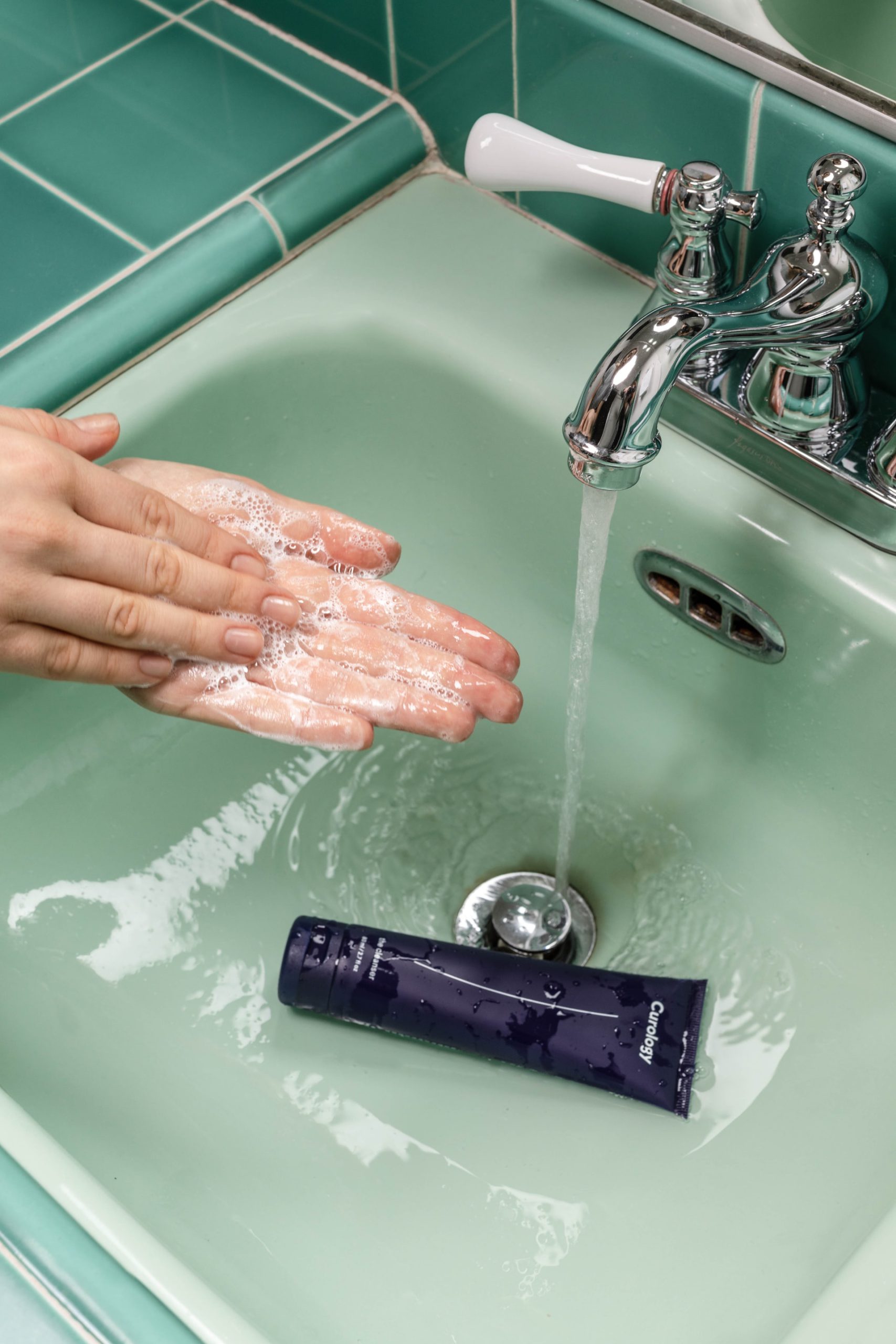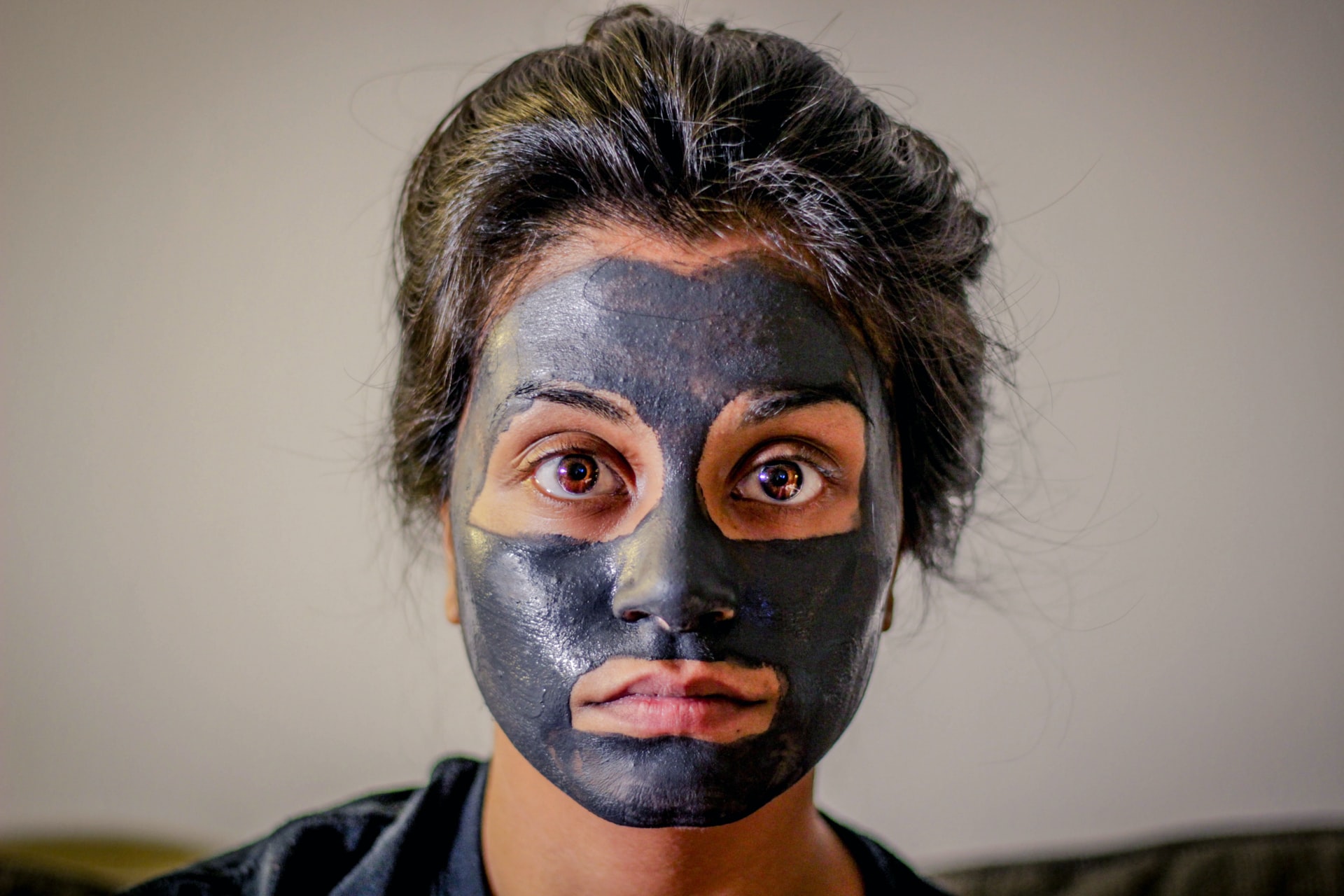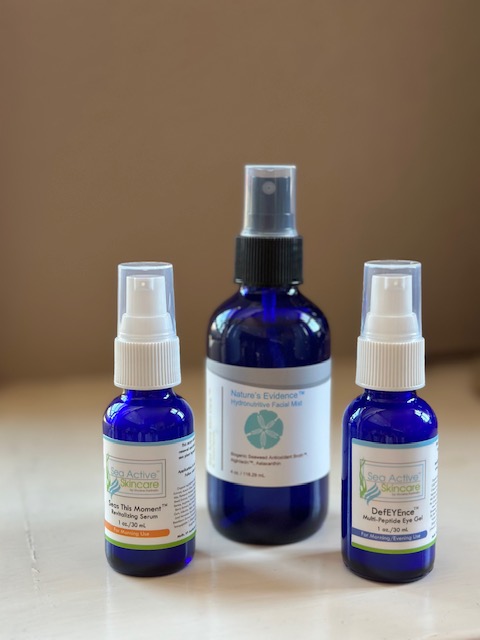Having an oily skin type can be a struggle not just for teenagers but for adults as well. You may experience starting your day with a fresh face and end up with an oily face after a long day at school or work. If you are searching for information about oily skin, you came to the right place. Here at SEA ACTIVE SKINCARE, we will be sharing with you a blog post discussing everything you need to know about oily skin. If you have been struggling with oily skin for a long time now, we encourage you to keep reading below.
Hopefully, our tips will help keep your oily skin under control so you will no longer have to worry about it.
What is oily skin?
There are different skin types, and one of them is the oily skin type. It is a skin type where there is excess oil on the face that results in a shiny or greasy appearance. If there is excess oil in the skin, pores can easily become clogged and enlarge making the dead skin cells accumulate and cause skin problems such as blackheads, pimples, acne, etc.
What causes oily skin?
The skin has sebaceous glands which are responsible for producing sebum, an oily substance. Sebum functions by lubricating the skin and preventing it from becoming irritated or from drying out. Sebum and sweat are secreted through the pores of the skin. When this occurs, sebum also gets rid of dead skin cells and other impurities from your pores.
However, some individuals have over-active sebaceous glands that secrete excessive sebum which can cause the skin to become extra shiny and the pores become prone to become blocked which results in different skin problems such as acne, blackheads, or pimples.
What are the factors that can cause oily skin?
Different factors can cause the skin to become oily such as climate, diet, genetics, etc.
Oily skin is hereditary
If an individual has oily skin, either of his or her parents may have oily skin. An individual can have hereditary genes that cause their skin to have an over-production of the hormone dihydrotestosterone which causes the excess production of sebum from the sebaceous glands.
Our bodies need sebum because it helps lubricate the skin and keep our moisture barrier undamaged, however too much production of sebum can cause skin problems. Excess oil can cause the pores of the skin to become enlarged and when too much oil is trapped with dead skin cells and bacteria on the skin this combination can result in skin breakouts.
Climate
Another factor that can trigger excessive sebum production is the climate. During summertime, too much heat and humidity can cause increased oil production in our skin. Dealing with oily skin such as cleansing more than 3 times a day or exfoliating the skin more frequently can get rid of the skin’s natural oils and affect its moisture barrier that functions by keeping the moisture on the skin intact.
Hormonal imbalances and fluctuations
Hormonal fluctuations and imbalances can cause problems with your skin. For example, while pregnant, during menstruation, or menopause can cause hormonal fluctuations or imbalances that can cause excessive oil production and skin breakouts.
Androgens are hormones that are mostly in charge of oil production, so when they fluctuate, it can result in the increased production of sebum in the skin. This normally occurs during puberty, before menstruation, while a woman is pregnant, and during menopause.
Harsh chemicals from skincare products
Too much oil production on the skin can also be triggered when you use the wrong skincare products. There are plenty of skincare products on the market that contains harsh chemicals. When you are searching for skincare products for oily skin, you must choose those that are in gel or lotion consistency. You must choose light or matte moisturizers for oily skin. You can also use oil-absorbent sheets so you can get rid of excess oil on your face throughout the day.
How to know if you have oily-type skin?
To know if you have an oily skin type, here are the signs of having an oily skin type:
- The face is shiny and feels greasy towards the end of the day
- The texture of the skin feels like orange peels
- Makeup does not stay on longer and may slide off
- The T-zone of the face which is the oilier part of the face is prone to have blackheads, acne, or pimples
- Pores are enlarged especially those in the chin, forehead, and nose
T-zone
the T-zone is the part of the face that includes the nose and forehead and usually has more active oil glands that can have excessive sebum production. If the T-zone is oily and the rest of the face is dry or normal it means that you have combination type skin. Since there are different skin types, a person can have multiple skin types which can easily change depending on different factors that affect it such as climate, hormone production, and stress levels.
If you have oily skin, do not fret. Individuals who have oily skin means their skin is moisturized making it less prone to premature wrinkles. You just have to know how to manage it and keep the oiliness under control.
What are the benefits of oily skin?
Having an oily skin type can be difficult to manage however; you can be surprised to know that there are actual benefits of having oily skin such as:
Resistance to premature appearance of wrinkles
Antioxidants are produced by sebaceous glands so if you have excessive sebum production, it means fewer wrinkles and fine lines can occur compared to those individuals with dry skin types. Of course, wrinkles can happen due to old age, but your wrinkles, fine lines, and creases will not appear prematurely unlike for other skin types.
A stronger and improved skin defense system
Individuals with oily skin produce more sebum which helps boost our skin’s barrier system. It protects our skin’s moisture level and protects the skin from infection, bacteria, viruses, and environmental factors. Sebum is known to contain Vitamin E, which is a known antioxidant that works as a defense mechanism on the skin’s surface.
Makeup works well on oily skin types
When applying makeup if your skin is dry, it can easily become flaky while if you have oily skin it will be more agreeable and manageable. Although you have to use more setting spray so your makeup will not slide off. It is easier to reapply makeup on oily skin than those with dry skin as makeup can become patchy.
If you do not know if you have oily skin you can follow the steps below to test and check your skin type.
- Cleanse and wait – You have to wash your face first using a facial cleanser and you must not apply any skincare products for an hour or so.
- Blot – Take a piece of tissue and lightly dab your T-zone to see if you have excess oil in your skin.
- Check your face – If your skin feels comfortable and there is excess oil on the tissue, this means your skin is oily.
How to manage oily skin
Avoid harsh and drying skincare ingredients
Most skincare products on the market are saying they can fix oily skin but in reality, can even make it worse. They contain harsh and drying ingredients that can remove the skin’s moisture barrier. Your skin may feel less oily but it can trigger more oil production in the end because the skin has become dry.
When choosing a skin cleanser, you must avoid those products that contain harsh ingredients that can remove too much oil from the skin and cause it to dry. You must avoid products that contain the following ingredients such as sodium lauryl sulfate, sodium lauryl ether sulfate, and ammonium lauryl sulfate. You must go for natural and organic products from a reliable shop like SEA ACTIVE SKINCARE because they are created without adding harmful ingredients that can strip off your skin’s moisture.
Keep skincare products cool
It is recommended to keep facial masks and moisturizers inside the refrigerator to keep your skin cool and oil-free. When you apply your skincare products directly from the refrigerator they can make your skin temperature lower, thus reducing the excessive oil production of the sebaceous glands.
Modify your diet
You must avoid eating too many spicy foods and drinking alcoholic drinks because they can dilate the blood vessels that can cause you to sweat and perspire. You must eat foods such as carrots, grapefruit, squash, and kale that have high Vitamin A content which slows down oil production in the skin. Foods like salmon, tuna, walnuts, and pumpkin seeds are rich in omega-3 fatty acids that help regulate hormones that control oil production and keep the skin healthy.
If you are struggling with oily skin and you don’t know how to manage it properly, you must use skincare products that are made from natural and organic ingredients you must check out SEA ACTIVE SKINCARE. Check out our skincare products for oily skin by visiting this page here.
You can also visit this link for our skincare guide.
If you are searching for skincare products created using organic and natural ingredients, you came to the right place. SEA ACTIVE SKINCARE offers skincare products that are made from natural, organic ingredients and rare seaweeds. If you want to purchase any of our skincare products or if you have any questions about our products please contact us by calling our phone number (858) 676-9727 or sending an email at customercare@seaactiveskincare.com. Contact us today! We will be happy to assist you with your skincare products’ needs!
